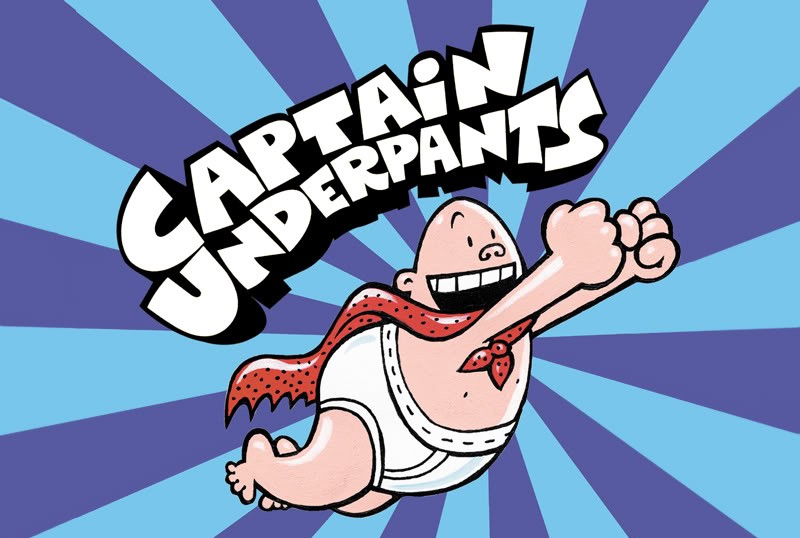Last month, the American Library Association (ALA) announced its 2016 book award winners. Among the winners is Last Stop on Market Street by Matt de la Peña, awarded the John Newbery Medal for the most outstanding contribution to children’s literature. The book is illustrated by Christian Robinson. The Randolph Caldecott Medal for the most distinguished American picture book for children went to Finding Winnie: The True Story of the World’s Most Famous Bear, illustrated by Sophie Blackall and written by Lindsay Mattick.
Reading is an important part of childhood. It’s how we learn the language and how stories and thoughts are formed. Many times books are our first peek into the many different cultures around the world and how relationships work and society functions. More than a solitary endeavor, reading is how we become storytellers. Eudora Welty wrote in One Writer’s Beginnings, “Long before I wrote stories, I listened for stories. Listening for them is something more acute than listening to them. I suppose it’s an early form of participation in what goes on.”
What children want is to participate and to be included, to be made to feel like they matter and that they have something worth offering.
A week after the ALA’s medal winners were announced last month, the National Day of Service, celebrating Dr. Martin Luther King Jr.’s birthday, took place. In Memphis, a group of motivated teens worked with the nonprofit Memphis Challenge on the project, “Tell Me a Story: Service Through Storytelling.” The organization, founded in 1989, encourages high-achieving students of color to return to Memphis after college to help enrich the community through their newfound expertise and connections.
The project brought together high school students to write and produce specialized storybooks and poems for children. Throughout January, they took their books to locations across the city for story hours, which included a digital presentation, book reading, and small group discussions about “how we all have gifts that we can use to serve and what service means to today’s generation.”

The program was so successful that there are plans to continue it throughout the year.
Books can be the means for us to connect to our community and to better connect with our children. The Thirty Million Words project out of the University of Chicago has shown that some children, mainly those of a lower socioeconomic status, hear 30 million fewer words by their fourth birthday than others, and that the children who hear more words sooner are better prepared by the time they enter school. The initiative emphasizes vocal interaction with young children, and certainly reading to them is a big part of that.

There are so many options out there for young readers today, from the picture books of early childhood to books on wizards and dragons and teens thrown into epic battles of life or death. The lists of titles and descriptions can become like white noise, which is why I recommend the services of a good librarian. My mother used to visit the library at the corner of McLean and Peabody in Midtown and ask the librarians there what they recommended for her kids’ age groups. She would bring home stacks of books, and, once my sisters and I had read through them or had them read to us, she’d return them for more.
No doubt the teenage storytellers of Memphis Challenge had their literary beginnings with Caldecott and Newbery awards winners and with the public library. Hopefully they’ll continue their quest to learn more and to share their stories with others, because it is in that sharing that a love for reading flourishes.
To learn more about Memphis Challenge, visit memphischallenge.org.
